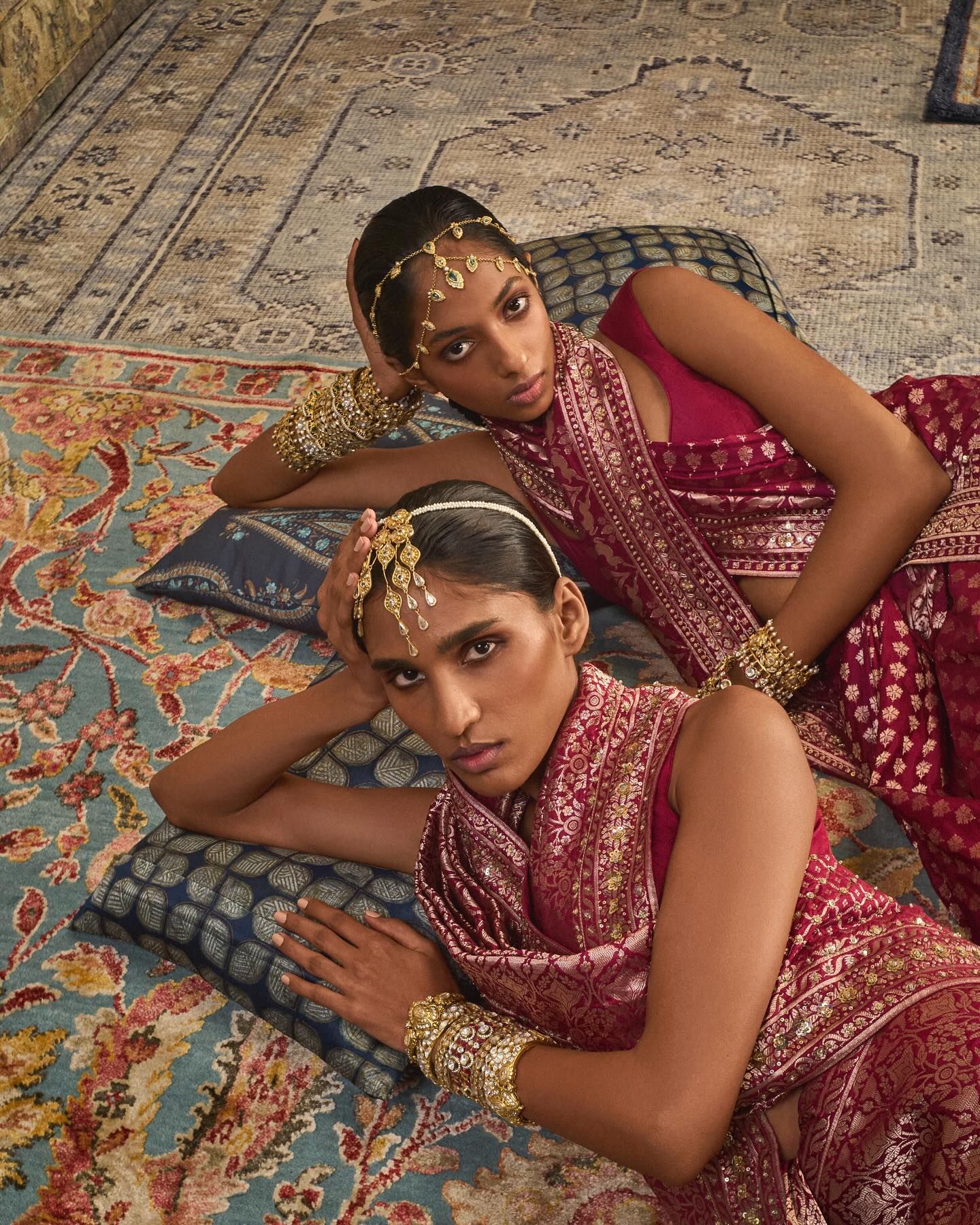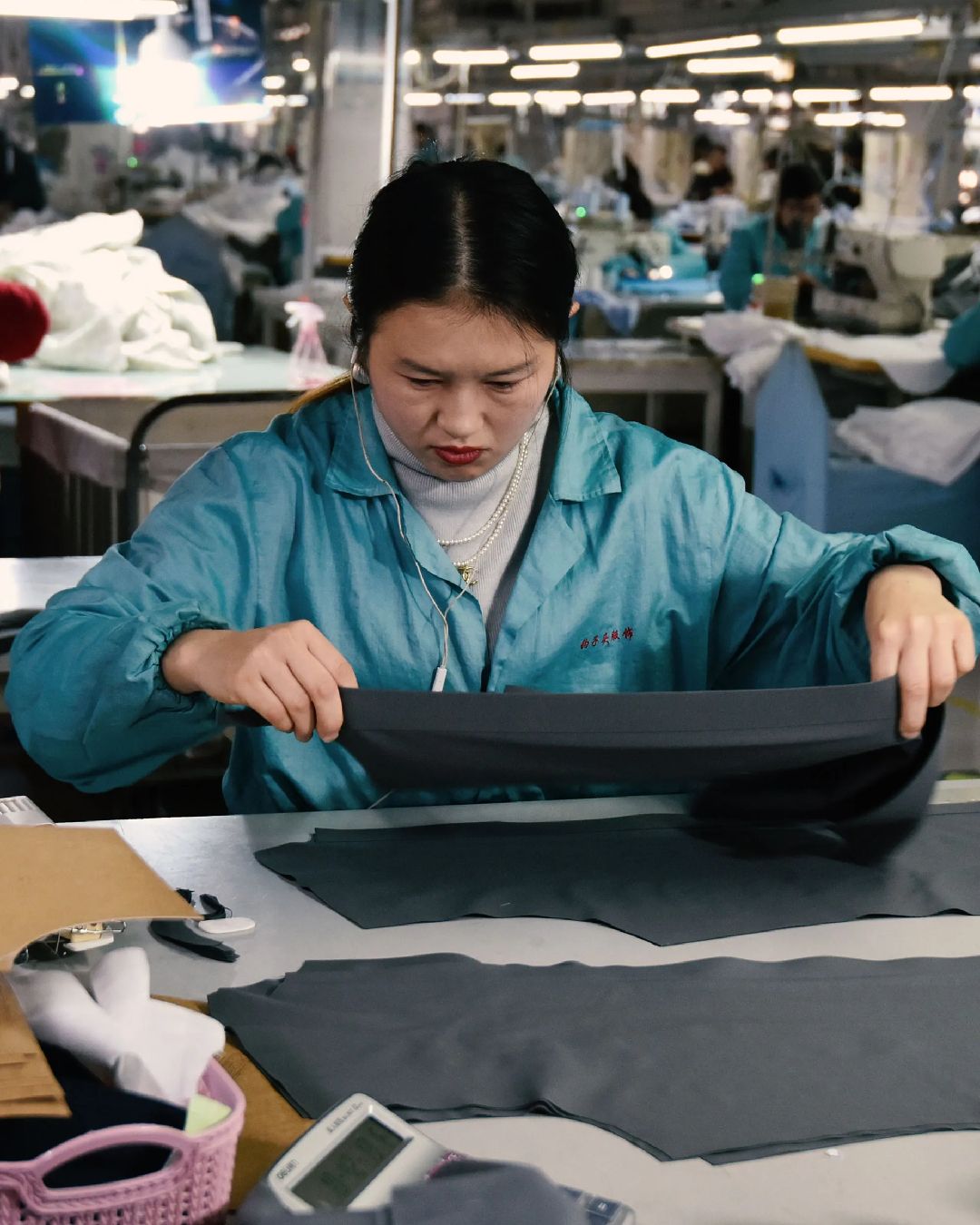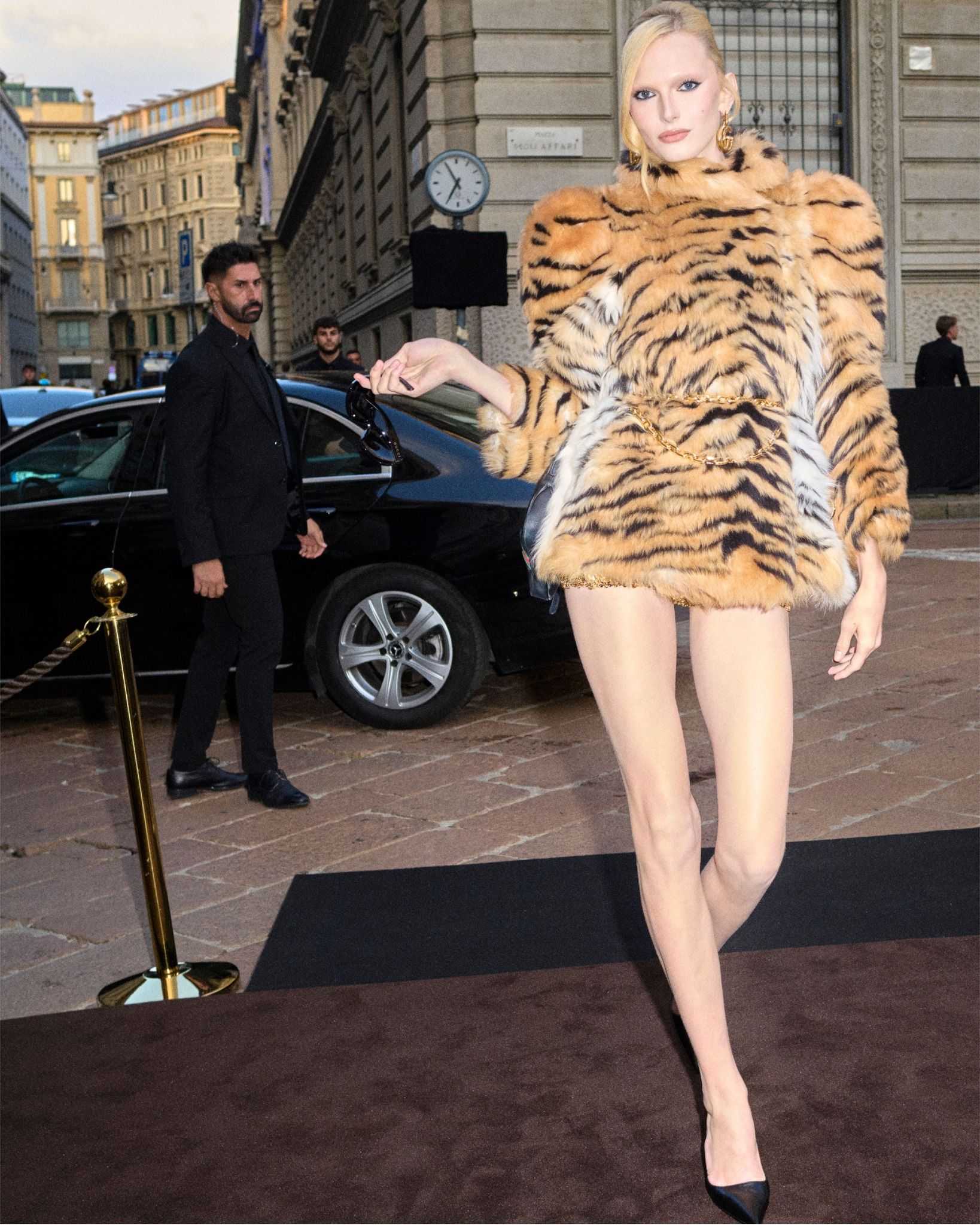
How politics should help the European luxury industry To protect a turnover that is equivalent to 5 percent of the European Union's GDP
Even though the fashion and luxury sectors seem to be facing a widespread crisis, the European "high-end" segment represents one of the economic and cultural pillars of the European Union. This is confirmed by the latest data released by the European Cultural and Creative Industries Alliance (ECCIA), in collaboration with Bain & Company, which shows that the European luxury industry generates a turnover of €986 billion, contributing 5% to the EU's GDP. Companies in the Eurozone hold a 70% share of the global luxury market and support employment for 2 million people, both directly and indirectly. The sector also represents 11.5% of total exports and accounts for a quarter of the total value of European tourism, also thanks to the attraction luxury goods have for high-spending tourists, 40% of whom report visiting Europe specifically to purchase luxury items – often taking advantage of favorable currency exchange rates. In a world increasingly affected by geopolitical tensions, tariff wars, and protectionist policies—especially between the United States and China, two markets that account for 35-45% of global luxury revenues—the stability and competitiveness of the industry must be preserved not only at the business level but also through political action. «It’s easy to think the sector is immune to recent economic shocks. Although luxury stocks yield 4-6 times more than the general market in Italy or France, we are seeing some worrying signs», said Michael Ward, President of ECCIA.
To protect this European leadership, which is not just an industry but also a cultural heritage, the report outlines five ways in which the European Union can support the luxury sector.
1. Combating Counterfeiting
@sellierluxurybags This plot twist left one of us shook… #luxurybags #undercover #hermes #miumiu original sound - Sellier Knightsbridge
According to ECCIA, brand identity protection is the first area where Europe must take decisive action. The implementation of the Digital Services Act should be supported not only with words but with tangible investments in resources and personnel, to ensure that the regulations against the spread of counterfeit products are truly effective. It is also essential to monitor the actual application of the regulation, intervening to remove counterfeit goods from digital platforms and working toward the creation of a unique and clear identification and verification mechanism. Furthermore, specific anti-counterfeiting legislation should be introduced to fill the gaps left by the DSA. For example, brands and marketplaces should be required to ensure product traceability throughout the entire value chain, possibly through a "know your business customer" obligation. At the same time, intermediaries should be required to implement preventive measures to block the spread of fake goods and to ensure that platforms cannot reintroduce previously removed illegal products, preventing recurring violations.
2. Consumer Trust
The second key aspect concerns tighter regulation of the channels through which branded products are sold and delivered to the final customer. In a sector where the purchase experience is a crucial part of perceived value, sales through unauthorized channels undermine not only the brand but also the customer's perception of quality, authenticity, and safety. When the report refers to «unauthorized distributors», it undoubtedly alludes to the parallel or grey market. It is less clear whether secondhand platforms are included among these "distributors"—a segment recently estimated to generate $200 billion in turnover, with an annual growth rate expected between 15% and 20%, according to MF Fashion. These platforms are increasingly investing in logistics and security to prevent the sale of dubious items. In general, one of the report’s recommendations is stronger legal protection for selective distribution systems, allowing brands to safeguard their investments and positioning, and to preserve consumer trust. In this regard, craftsmanship, brand storytelling, and personalized service—now essential in luxury retail—must be preserved as central elements of European competitiveness.
3. Sustainability
France is shaking up fashion The Senate backed a law capping eco-taxes up to 50%, banning fast-fashion ads & influencer promotions, and backing ethical local brands. This could set a new EU-wide standard. pic.twitter.com/7audJS7xWX
— Andrew B. (@and_rew_b) June 30, 2025
The green transition cannot simply be imposed, as the report essentially states. To encourage sustainability across the sector, the European Union should directly involve major companies in shaping the secondary legislation under the Green Deal, since both eco-design and the circular economy are relatively new models that are not easy to integrate into the existing fashion system. They require specific implementation strategies or more thorough integration efforts. The report suggests a minimum of 36 months, which corresponds to the typical production cycle from design to sale. Finally, to avoid penalizing European industry, it is essential that Green Deal environmental standards are applied uniformly to all companies operating in the EU market. This would ensure fair competition, without putting European companies at a disadvantage compared to external competitors.
4. Investing in Craftsmanship
@loewe Devin Halbal, Alice Moitie and Miranda Makaroff enrol at the LOEWE craft school. @Devin Halbal @alicemoitie @mirandamakaroff3 #LOEWE #Craft #MakingOf Fun Fun Fun - Instrumental Version - Dimitrix
At the heart of Europe's success in luxury lies a wealth of technical and creative know-how that cannot be relocated, even if one wanted to. Yet the report points out a growing skills gap in craftsmanship and engineering within the luxury sector. The EU should support specialized training programs, both nationally and EU-wide, to develop new generations of professionals capable of preserving and innovating traditional techniques. This would also stimulate employment through craftsmanship schools that several brands are already beginning to promote locally. A concrete proposal in this direction is the establishment of a European "Maître d’Art" title, officially recognizing master artisans and highlighting their role in cultural transmission. Only by investing in people, as well as in products, can the continuity and vitality of European artisanal heritage—a priceless asset—be ensured.
5. Facilitating Global Trade and High-End Tourism
@johnathan.guo snatch up that jwa era loewe and matthieu blazy era bottega before it’s too late #fyp #fashiontiktok #outletshopping #shoppingvlog #parisvlog #parisshopping #designerbags #shopwithme #comewithme #2025trends #fashiontrends #luxuryshopping #designershopping #designermall #designeroutlet #parisshoppingvlog #loewe #bottegaveneta #ysl #bode #lemaire Vlog - Soft boy
The final step to protect and enhance European luxury globally is to prioritize diplomatic solutions in managing trade disputes, such as those arising from geopolitical tensions, customs duties, and protectionist policies, particularly in relation to the US and China. There is also a need to consider diversifying target markets (something brands are already pursuing through expansion into Arab, Indian, and Thai markets), initiating dialogue with emerging economies that could drive growth in a time when the two mega-markets luxury has historically relied on are faltering, and promoting favorable trade agreements. Here too, free trade agreements are crucial for lowering trade barriers and fighting counterfeiting and parallel trade. Lastly, to establish Europe as a premier destination for high-end tourism, it is advisable to streamline visa procedures for non-EU citizens and promote tax-free shopping initiatives to attract high-spending international visitors and boost local economies. Additionally—and this is our own suggestion—measures to increase the purchasing power of EU citizens would ensure that European luxury is not reserved solely for wealthy tourists, but also accessible to those who live, work, and create wealth within the Union.















































